Risk managers across Asia needed a place to bond and so chairman Franck Baron founded PARIMA. Ten years on, he is passing on the reins, but his commitment to binding the industry together remains strong
PARIMA was intended as glue – as a means to make risk managers feel they are all part of the same profession,” says Franck Baron, the founding chairman of the Pan-Asia Risk & Insurance Management Association (PARIMA).
Considering the association has grown from scratch back in July 2013 to encompass 3,000 members in 23 APAC countries, PARIMA has demonstrated its adhesive qualities to bring together risk managers from across the world’s most populous continent.
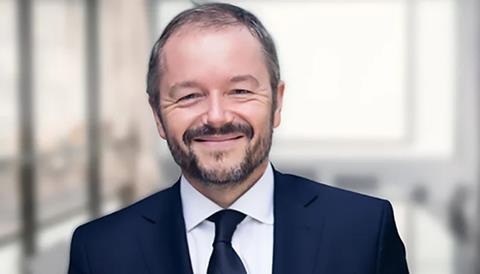
However, after 10 years in the hot seat he created, Baron – who is also group general manager for risk & insurance at International SOS – will be stepping down.
Taking over in January 2024 will be Annacel Natividad, CFO & CRO of the Pilmico & Gold Coin Group in the Philippines.
As Baron approaches this chapter-closing time as a figurehead for risk managers in APAC, he discusses his proudest achievements for the association.
But to understand how PARIMA was built, we first need to return to the early 1990s and another iconic brand.
In at the deep end
“My first job assignment was with Mars, the confectionery company, as risk manager deputy for Europe,” says Baron. “I was then given the opportunity to work on the 1992 Olympic Games in Barcelona, creating the entire risk management structure for the event.”
“I was so young and I was doing risk for an event with thousands of guests attending. I thought ‘maybe I am too young for this sort of responsibility’, but it was a great experience.”
From there, Baron moved into the broking world, with stints at Aon and Marsh, supporting large clients with their risk management needs.
When one of his clients – food produce giant Danone – created a new risk position, he moved and eventually assumed the role of director of risk management.
“I was so young and I was doing risk for an event with thousands of guests attending”
“I was very fortunate in that role as Danone was one of the most advanced companies in France in terms of risk management. I was given the opportunity to launch a new risk management programme that was well beyond what most organisations had considered for risk,” he says.
Baron’s position at Danone ran through to the new millennium, before he took the role of vice-president of global risk management and insurance for Swiss fragrance and ingredients company Firmenich in November 2003.
“I moved from Danone after an honest conversation with my manager and friend, Thierry Van Santen, who said: ‘Franck, you are number two, I am number one, but I plan to stay. You should look for a leadership position somewhere else,’” says Baron.
“Restructuring the risk financing and launching the ERM programme for Firmenich was a fantastic opportunity to travel over to their subsidiaries around the world. It was also a chance to be on the board and present on the largest and most critical tasks facing the business.”
”I was given the opportunity to launch a new risk management programme that was well beyond what most organisations had considered for risk”
Then, in 2009, Baron was working in the US for Firmenich when the financial crisis hit and the organisation looked to downsize. “I was not keen to continue there with a reduced team, so I joined AXA where I had the opportunity to revamp the firm’s risk engineering and consulting approach,” he explains.
After several years of travelling and working abroad, and after being exposed to so many cultures and environments, Baron felt the role was perhaps too centralised. This led him to his current role at International SOS in August 2011.
“I had been very close to International SOS as a risk manager – buying their services during my career – a role that eventually took me to Singapore. I have been there ever since and remain as happy as ever.”
International vision
Baron’s career in risk has seen him take on roles in Europe, Asia, the US, Africa and the Middle East, leaving him uniquely placed to comprehend the benefits of working across the international risk management landscape.
“Coming from a deeply cultural country like France, you often see everything through the lens of your own country. However, travelling so extensively you soon learn there are capable people in South Africa, Korea, Nigeria, Brazil and so on,” he says.
“Such exposure has been great for me and my family. From a risk management perspective, our world is about breaking silos and being cross-functional with colleagues, countries and cultures.”
During the mid-2000s, Baron also had a stint at the Federation of European Risk Management Associations (FERMA) as a board member and vice-president.
”Our world is about breaking silos and being cross-functional with colleagues, countries and cultures”
“When I moved to Asia and arrived in Singapore [with International SOS] I started to look for where I might fit in at a professional association, but I found nothing. So for the first 12 to 18 months, I spent time talking to my peers and travelling around Asia,” said Baron.
“People told me: ‘Franck, maybe it is time to start up something.’ With my track record out of Europe, I decided to start PARIMA with just a handful of peers. Having worked for some large organisations, it was great being part of a start-up, with no legacy to manage.”
Baron states that his initial approach was to analyse sister associations and learn from their successes and challenges.
“From the very beginning, we wanted a place that reflects all aspects of risk management. While we obviously mainly have members from risk and insurance, around 20% of members are HR professionals,” says Baron.
“We also have chief information security officers and business continuity planning experts, as we want to reflect all aspects of working with risk. This has always made me happy to see.”
Regional relevance
One universal challenge for those working in risk in APAC is the size and variety of the region’s countries and territories.
“We were created out of Singapore as a regional association, but we wanted to be relevant from Japan to India, and from China to the Philippines,” said Baron. “This has led to us having employees across the region to aid our growth.”
”We built contacts in Japan, created a risk management community and today Japan is PARIMA’s largest country with almost 500 members.”
For example, one nation that seemed to provide a specific challenge was Japan - the world’s third-largest economy, but one where risk managers have historically not even existed.
“I have always personally been intrigued and attracted by Japan. Business-wise, I tried to go there as often as possible. Everyone told me that we should develop PARIMA there, but that it was too difficult. The language barrier and the idea that risk management does not exist there,” he says.
“I do not care about such warnings. I wanted to try and grow in Japan. We built contacts in Japan, created a risk management community and today Japan is PARIMA’s largest country with almost 500 members. It is a great success story for us.”
Life after PARIMA
Baron described the formation and growth of PARIMA as “highly enjoyable and action-packed”, but as he hands control over to “close friend” Natividad, what does the future hold?
“There are two more PARIMA conferences for me, one in India and the other in Japan. It will be fitting to sign-off in Tokyo. After that, I was elected president of IFRIMA (International Federation of Risk and Insurance Management Associations) in October last year,” says Baron.
“IFRIMA is a very different beast. It is not such an active or visible organisation, but I have been given a three-year mandate to change things. We want to be more on the map.”
”To dream out loud, what about having a single professional standard?”
Baron says there are still some major aspects missing from the risk management profession, one of which is having a global view on matters. “A few associations are doing a fantastic job, but we still do not have a joint view on certain aspects.
”To dream out loud, what about having a single professional standard? Or one set of certifications to tell the world we are a risk manager” he adds.
After over three decades in risk management and experience in every major region in the world, Baron is still looking for that glue that binds the industry together






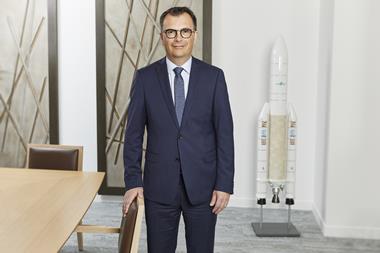
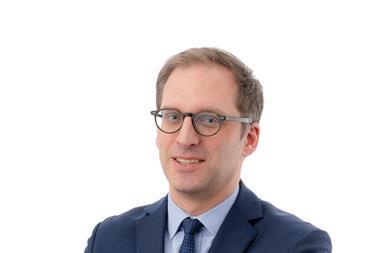
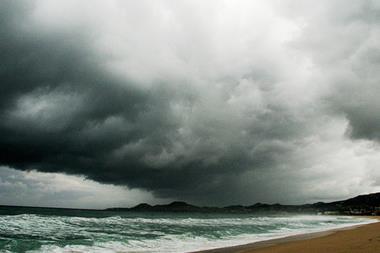

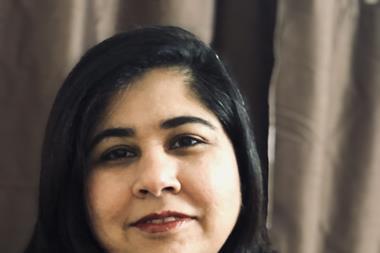
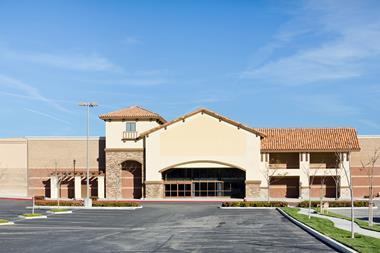
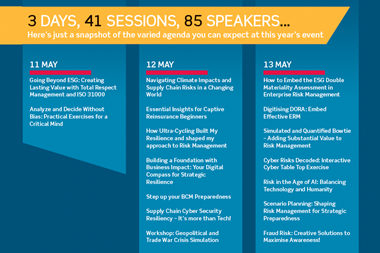
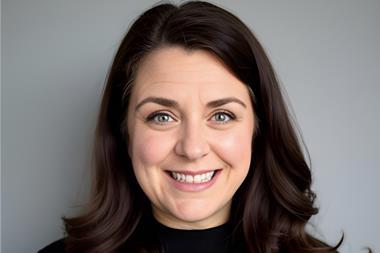
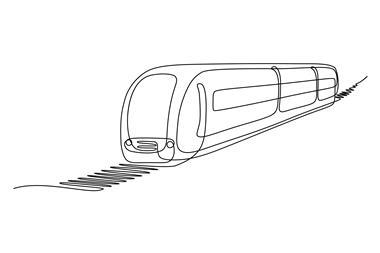

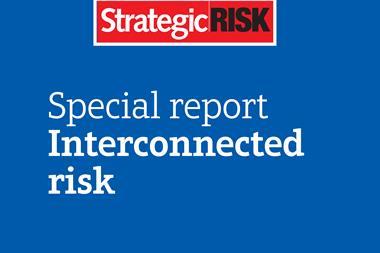



No comments yet